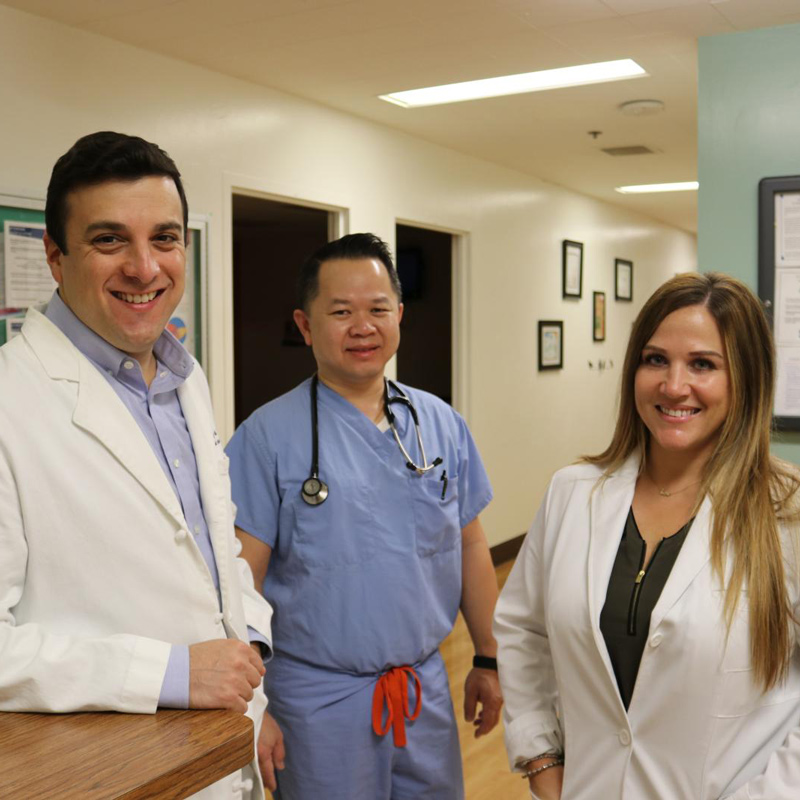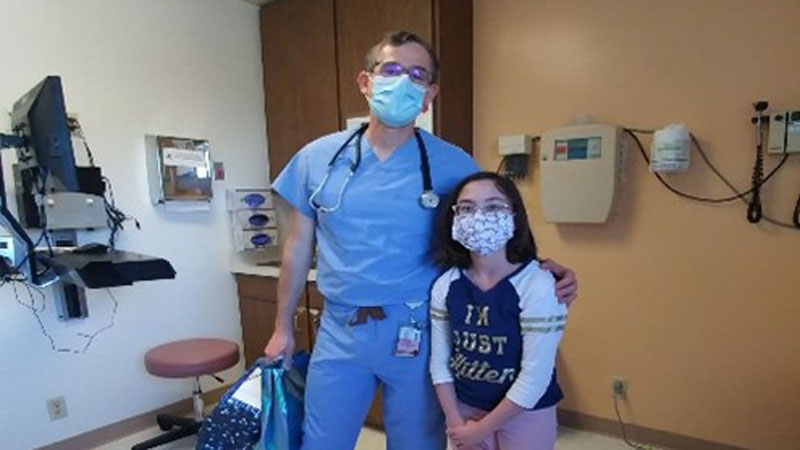MemorialCare Miller Children’s & Women’s Hospital Long Beach has joined ImproveCareNow, an international, multi-center collaborative network that is transforming care and improving outcomes for children, adolescents and young adults with inflammatory bowel disease (IBD) by sharing data and best practices nationally to determine the best treatment plans for patients.
There may be as many as 80,000 children in the United States with IBD, according to the Crohn’s & Colitis Foundation of America. To address this unique population, Miller Children’s & Women’s has a dedicated Inflammatory Bowel Disease Program that brings together a wide range of specialists to support the child and family in managing the physical and emotional aspects of their disease.
Joining ImproveCareNow is the latest way that Miller Children’s & Women’s is strengthening this support for children with IBD.
Inflammatory bowel diseases, which include Crohn’s disease and ulcerative colitis, cause chronic inflammation and damage in the gastrointestinal (GI) tract. The GI tract is responsible for digestion of food, absorption of nutrients and elimination of waste. Inflammation impairs the ability of affected GI organs to function properly, leading to symptoms such as persistent diarrhea, abdominal pain, rectal bleeding, weight loss and fatigue.
The goals of IBD treatment are to achieve remission (the absence of symptoms), maintain remission (prevent flare-ups of symptoms) and improve quality of life. One of the primary benefits of having access to the ImproveCareNow network for physicians at Miller Children’s & Women’s is getting more of their patients in remission, reducing their symptoms and improving their nutrition and growth.
“Participation in ImproveCareNow provides access to the latest advances in medical research and treatments so that our patients can get better faster and stay well longer,” says Roy Nattiv, M.D., co-medical director, Inflammatory Bowel Disease Program, Miller Children’s & Women’s.
Miller Children’s & Women’s will now join other participating medical centers in submitting standardized data collected during patient visits, monitoring individual and overall performance, comparing outcomes, and sharing the best evidence and tools for helping patients with IBD.
“Knowledge is power, and since clinicians and researchers around the world are collaborating and sharing their findings, we’re able to implement best practices at a faster pace, which improves care and outcomes for our patients in real time,” says Robert Tran, M.D., co-medical director, Inflammatory Bowel Disease Program, Miller Children’s & Women’s.






